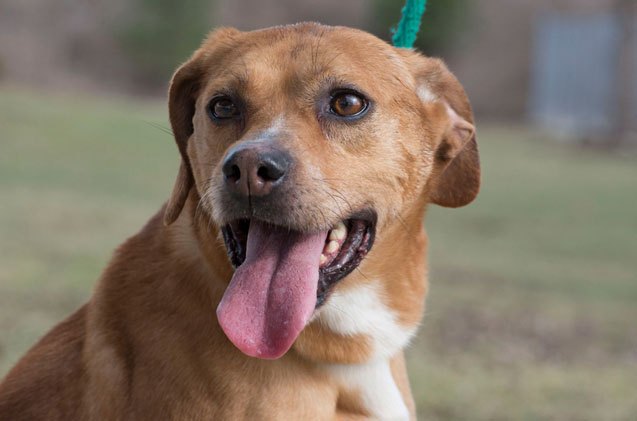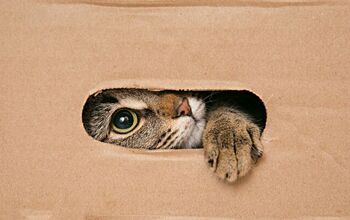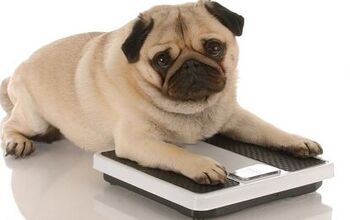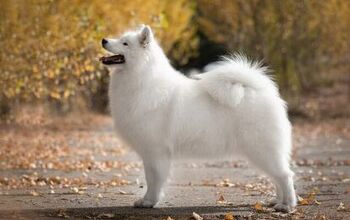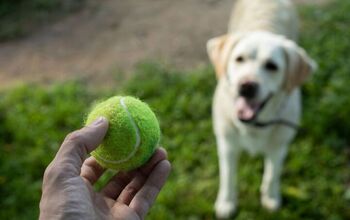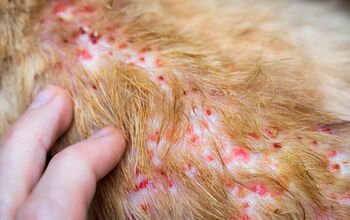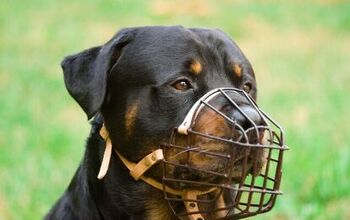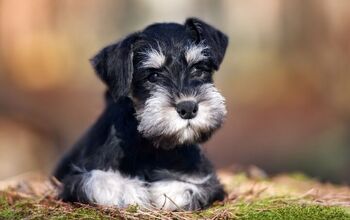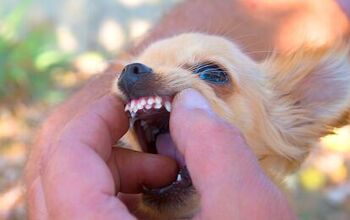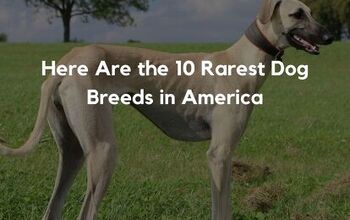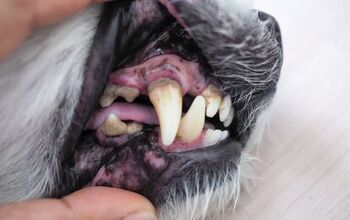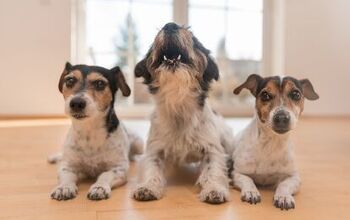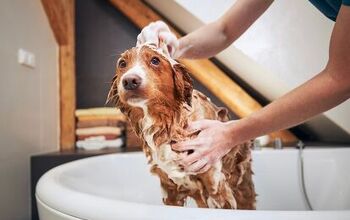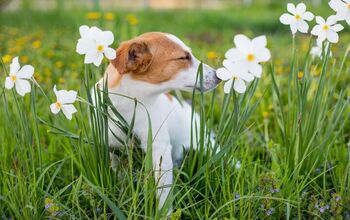Basset Retriever


About Basset Retriever
The super-friendly Basset Retriever brings together the people-pleasing nature of the Golden Retriever and the laid-back personality of the Basset Hound for a great family dog who does well with kids and, with a little socialization, other pets. Because both parent breeds come from a hunting background, expect your Basset Retriever to follow every scent he comes upon.
The super-friendly Basset Retriever brings together the laid-back personality of the Basset Hound and the people-pleasing nature of the Golden Retriever.
The Basset Retriever results from crossing the Golden Retriever who hales from the mid-1800s America with the Basset Hound that goes back to 7th century France. While both breeds have impressive lineage, the Basset Retriever himself likely originated in Great Britain approximately 15 years ago and is considered a designer dog – which is a cross of 2 or more different pure-breds with the goal of cancelling out common health issues and creating smaller, gentler or even hypo-allergenic variations on a popular breed.
As a result of his mixed purebred lineage, the Basset Retriever doesn’t qualify to join the American Kennel Club (AKC) however both parent breeds are members in good standing; the Golden Retriever joined the “sporting” group in 1925 while the Basset Hound became a member of the “hound” group in 1885.
The Basset Retriever is pre-disposed to obesity and this, coupled with his susceptibility to joint issues and his low-slung body-type means pet parents need to be extra diligent about maintaining his ideal body weight. Plan to feed him smaller meals 2 to 3 times a day versus free-feeding and avoid foods that include fillers such as carbohydrates that may cause him to want to overeat to feel full. He can be prone to bloat, so ensure exercise is taken no sooner than 1 hour after eating.
The Basset Retriever is an intelligent dog who is quick to pick up on commands.
The Basset Retriever is an intelligent dog who is quick to pick up on commands but his willingness to obey those same commands may depend on whether he takes after the Golden Retriever or the Basset Hound. The latter has a stubborn streak that means patience will be required when training this dog. Plan to take a consistent, rewards-based approach with loads of praise, encouragement and of course treats, for when a job is done well.
Once fully grown, the sturdy little Basset Retriever will weigh between 40 and 60 pounds.
The Basset Retriever is an ideal family dog that gets along with kids, other pooches and even new faces. He is an easy-going dog that is eager-to-please, playful, loyal to his family and very affectionate. Highly intelligent, he will need mental stimulation to keep him from becoming bored and potentially destructive. This dog comes from two hunting breeds and his need to track scents and chase smaller animals is strong so ensure he is socialized early on to prevent him from viewing the family cat and other small pets as fair game.
The Basset Retriever is a relatively healthy dog with no specific health issues however its always important to know what your new pup could inherit from his parent breeds. With this pooch, that can include eye issues including glaucoma and cataracts as well as joint issues including elbow dysplasia.
The Basset Retriever has a life expectancy of between 10 and 12 years.
The Basset Retriever isn’t overly active but like any dog he needs daily exercise to keep him physically fit and mentally stimulated. Daily walks and time in an off-leash park where he can socialize with other dogs and indulge his passion to track different scents is ideal. Because he can become fixated once he picks up a scent he can be prone to wandering off so ensure any off-leash area is fully fenced.
The easy-going Basset Retriever is a playful, loyal family dog.
Also known by the Basset Vertier, the Basset Retriever’s mixed breed status means he can’t join the American Kennel Club’s (AKC) roster of purebreds however he is recognized by the American Canine Hybrid Club (ACHC), the Designer Breed Registry (DBR), the Designer Dogs Kennel Club (DDKC), the Dog Registry of America, Inc. (DRA) and the International Designer Canine Registry (IDCR).
The Basset Retriever will typically take on the shorter stance of the hound and the facial features of the retriever with a soft, silky coat that could be long or short dependent on which breed’s DNA is more predominant. He is a moderate-shedder that requires brushing weekly brushing with greater frequency during shedding season. Bathe him only as needed and plan to inspect and clean his ears weekly to avoid potential infection.
This is a solid little pup who loves attention and active playtime. Because of his low-slung back, it’s important he be handled properly and children should be supervised in this regard. As he may be prone to joint issues, exercise should be moderate as any injury can present as a serious problem later in life. He does have hound in him, so early socialization will be needed to ensure he knows how to play nice with smaller animals and pets.
Photo credit: s.prewett/Shutterstock; Blue Tick Sugar Images/Shutterstock; Sue Newcomb/Shutterstock

Sharing space with three seriously judgy Schnoodles and a feline who prefers to be left alone. #LivingMyBestLife
More by Mary Simpson



